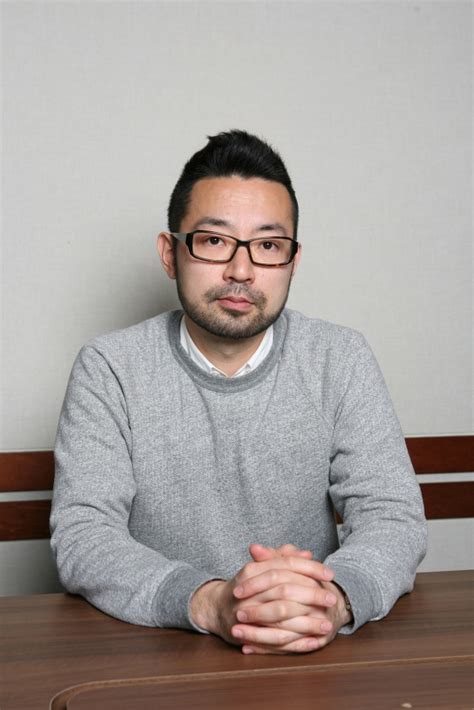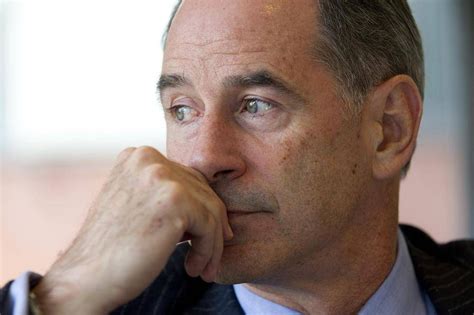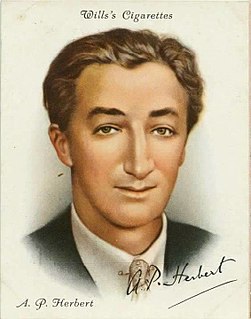A Quote by Fumio Sasaki
There are more things to gain from eliminating excess than you might imagine: time, space, freedom, and energy, for example.
Related Quotes
In order to create an image almost similar to that of a pencil case standing up and walking, I try to eliminate all excess by cutting. I have the feeling that this process (of "cutting off") is linked in some way to "elegance". Elegance and so-called "eliminating excess", or the beauty that remains after excess has beeen eliminated...
Those that much covet are with gain so fond, For what they have not, that which they possess They scatter and unloose it from their bond, And so, by hoping more, they have but less; Or, gaining more, the profit of excess Is but to surfeit, and such griefs sustain, That they prove bankrupt in this poor-rich gain.
What first truly stirred my soul was not fear or pain, nor was it pleasure or games; it was the yearning for freedom. I had to gain freedom-but from what, from whom? Little by little, in the course of time, I mounted freedom's rough unaccommodating ascent. To gain freedom first of all from the Turk, that was the initial step; after that, later, this new struggle began: to gain freedom from the inner Turk-from ignorance, malice and envy, from fear and laziness, from dazzling false ideas; and finally from idols, all of them, even the most revered and beloved.
Certainly for me prose has a dilatory capacity, insofar as I don't trust my abilities in prose. I imagine I could have done the same thing in poetry, but sometimes I feel more fluent in poetry than in prose, and as a consequence perhaps I might pass too quickly by a thing that I might, in prose, have struggled merely to articulate. That struggle creates space, and it seems to me a particular kind of space into which memory flows easily. I suspect I think better in poetry, however.
You might have more talent than me, you might be smarter than me, you might be sexier than me, you might be all of those things you got it on me in nine categories. But if we get on the treadmill together, there are two things: You're getting off first, or I'm going to die. It's really that simple, right?
The money economy thus leaves a large ecological footprint, defined as the amount of land and resources required to meet a typical consumer's needs. For example, with only about 4% of the world's population, the United States, the largest money economy, consumes in excess of one-quarter of the world's energy and materials and generates in excess of 25 percent of the world's greenhouse gas emissions.
Wishing is the beginning of imagination. They practice wishing when they are young things, and then -when they have grown - they have a developed imagination. Which can do some harm - greed, that kind of thing - but more often does them some good. They can imagine that things might be different. Might be other than they seem. Could be better.


































